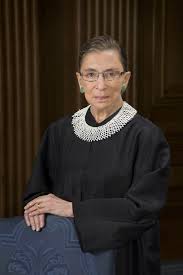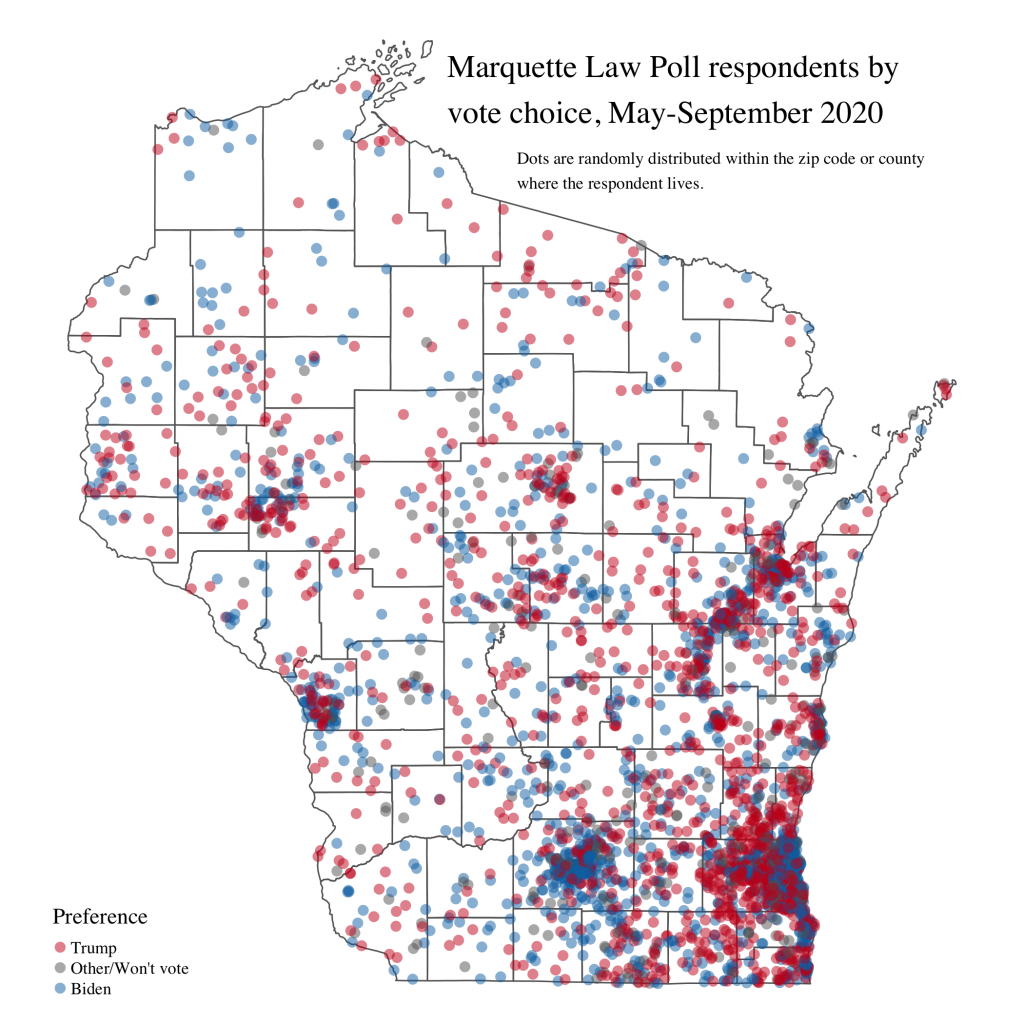 She stood, at best, five feet, one inch tall. But as she got older, she looked shorter—age and frailty bending her small frame forward.
She stood, at best, five feet, one inch tall. But as she got older, she looked shorter—age and frailty bending her small frame forward.
Even so, she was larger than life.
Now, if had he known her, Shakespeare surely would have penned these words for her: “Though she be but little, she is fierce.”
Most of you already know who “she” is. “She” is Justice Ruth Bader Ginsburg, and tonight, she died at the age of 87. She was a three-time cancer survivor. But a survivor, she was.
Cornell University had admitted her as an undergraduate, and she started classes mere months after her mother died. She ended up the highest-ranking female student in her class. And, during her first year of law school at Harvard as one of only nine women in a class of 500 men, she, the mother of a toddler, did her own studying and typed up notes for her husband Marty, a second-year law student who was undergoing treatment for testicular cancer. She juggled parenting a small child, pursuing her own rigorous studies, and managing her husband’s studies. When Marty graduated from Harvard Law and moved to New York for work, she followed, transferring to Columbia Law School. And ended up tying for first in her graduating class.
Considering her class rank and her achievements at two renowned law schools, you’d think she’d have no trouble finding a job. But you’d be wrong. As I’ve heard her say, she had three strikes against her: she was Jewish, she was a woman, and she was a mother. Fortunately, then, because no law firm would hire her, she eventually ended up working for the ACLU as a founding member of the ACLU’s Women’s Rights Project. There, she was the architect of the litigation strategy that chipped away at laws that discriminated on the basis of sex. In her view, neither women nor men should be constitutionally bound by societal roles made legal based on what “women” or “men” should be.
Only she never was able to convince the Court that sex discrimination cases should receive strict scrutiny, like other suspect classifications.




 She stood, at best, five feet, one inch tall. But as she got older, she looked shorter—age and frailty bending her small frame forward.
She stood, at best, five feet, one inch tall. But as she got older, she looked shorter—age and frailty bending her small frame forward.